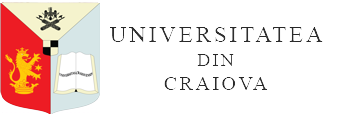THE EFFECT OF PEPPERMINT, CLOVE, CINNAMON, SAGE AND ORANGE ESSENTIAL OILS ON LACTOBACILLUS BULGARICUS BACTERIA
DOI:
https://doi.org/10.52846/bihpt.v28i64.79Keywords:
lactic bacteria,, aromatic herbs,, essential oil,, antimicrobial activity,, antibioticsAbstract
Essential oils have been mainly used in aromatherapy, but they have gained the attention of the food industry in the last decade due to their ability to control the growth of pathogenic microorganisms. The essential oil content of plant tissue varies according to the stage of development of the plant, the parts of the plant (leaves, flowers, roots, etc.) as well as the method of extraction. Commonly used techniques for extracting essential oils include hydrodistillation, steam distillation (Chialva et al.,1982), solvent extraction, (Chialva et al.,1982) and CO2 extraction (Takeoka et al.,1985). The composition of the extracted oil may vary from one extraction method to another. The essential oils used in this study were: clove, peppermint, cinnamon, sage, orange. Observations were made on extraction yield, MIC for Lactobacillus bulgaricus, and comparative antimicrobial activity with two commonly used antibiotics.


